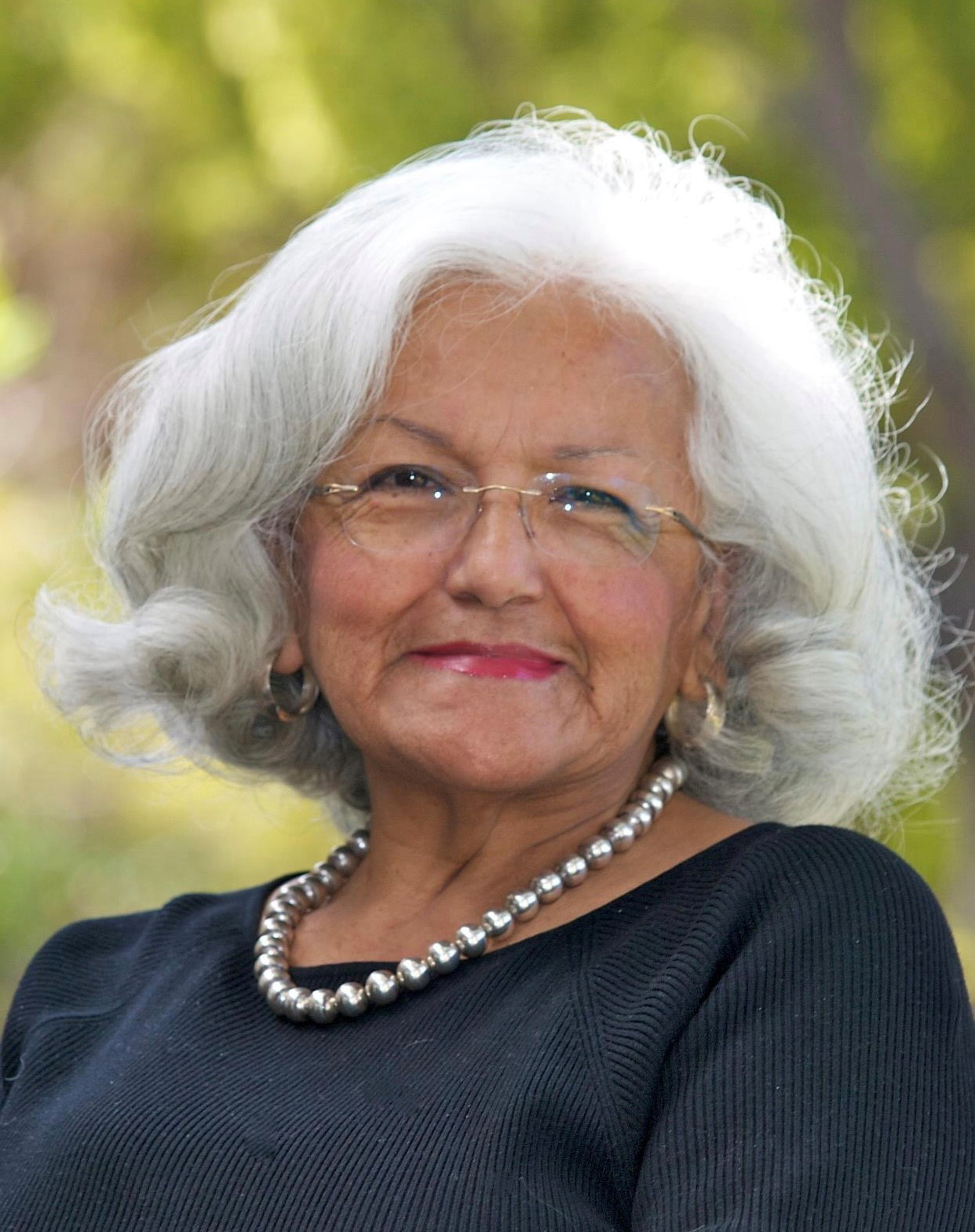
Lydia Lopez. Photo: Alejandro Lopez
[The Episcopal News] Building on the social justice and civil rights legacy of L.A.’s history Church of the Epiphany, the Lydia Lopez Center for Community Empowerment is in formation to connect parishioners and neighbors with needed services and resources.
Immigration, healthcare, education, youth enrichment, and cultural heritage are focus areas of the new center, named for the late Canon Lydia Lopez, who died in 2023 after more than 50 years of ministry beginning at Epiphany and extending into the wider Episcopal Church and greater Los Angeles.
Friends and supporters are asked to save the date of Sunday, April 21, for a 2 p.m. fundraiser set for La Plaza de Cultura y Artes near L.A.’s historic La Placita Church. More than $20,000 has been pledged toward the benefit’s goal of raising $100,000 for the new center. Benefit chair is Grace Dyrness, longtime community organizer and parishioner of All Saints, Pasadena.
The Immigration Justice Forum held at Church of the Epiphany on Jan. 6 was the initial program coordinated by organizers of the new center. Plans include restoring a summer youth education program at the church, as well as creation of displays featuring historical highlights of the congregation, which hosted civil rights leaders Cesar Chavez and Dolores Huerta in organizing the United Farm Workers, and where the Chicano Movement was advanced by the publication of La Raza newspaper in the church basement. The congregation dates from 1886 with buildings designed by noted architects Ernest Coxhead and Arthur Benton.
The concept of the new center has been proposed by the Rev. Richard Estrada, assisting priest at Epiphany and longtime immigration activist in the sanctuary movement. An advisory committee is working with Estrada to launch the center. Further information may be requested from Estrada or from diocesan Canon for Common Life Bob Williams (bobwilliams@ladiocese.org).
The Lydia Lopez Center for Community Empowerment will partner with the Church of the Epiphany to provide:
- Access to community resources including referrals to immigration, housing, nutrition, medical, counseling, and employment services.
- Access to youth resources including scholarships, tutoring, technology, recreation, and college placement.
- Access to cultural resources including traditional Latin American arts, music, and interpretation and preservation of local history.
